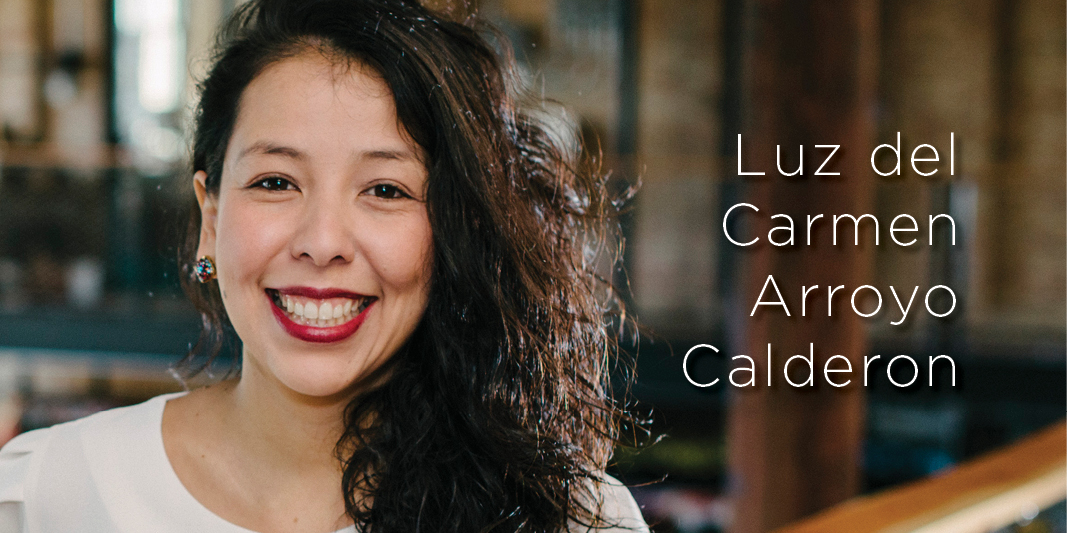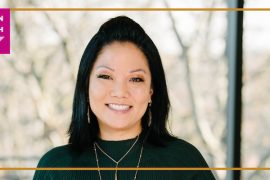By Shelby Rowe Moyer | Photography by Hillary Schave
Luz del Carmen Arroyo Calderon grew up in a small town in Mexico and was 12 when she moved to Milwaukee with her mom. That first year was hard, she says, in part because she didn’t speak any English. Arroyo Calderon wanted to move back, but her mom said they should stay — give it a little more time.
The bilingual school she attended made the adjustment a little easier, and as she advanced through her education, Arroyo Calderon decided she wanted to teach. She wanted students, especially immigrant children, to know they had someone in their corner — that if she could do it, so could they.
When she graduated from the University of Wisconsin-Madison in 2010, though, Arroyo Calderon wasn’t able to get her teaching license because she was an undocumented citizen.
After spending two years waitressing, waiting to see if the government would change its laws for undocumented citizens, Arroyo Calderon was giving up hope. She was ready to move back to Mexico but was convinced to stay just a bit longer.
A few weeks later, the federal government began accepting DACA applications (a status granted to adults who were brought to the U.S. illegally as children). Two months later, she was approved, and a month after that, she started her first teaching job.
Arroyo Calderon left teaching a few years ago but has remained connected to K-12 as a board member for the dual-language Nuestro Mundo Community School in Monona. Today, she manages the newly formed RISE Student Success Center at Madison Area Technical College — which provides coaching and wraparound services to any student at the college.
“We need to do a better job reaching out to students and letting them know we’re here,” she says. “I’ve seen so many students get here and then have to step out and take a break. But if they have someone who can hold them accountable or provide other resources to help them navigate school, there’s more of a chance that they’ll complete their degree.”
She’s also laying the groundwork for a mentorship program for employees of color, citing a similar need for staff to have someone they can turn to with questions and concerns, but who can also provide a sense of belonging.
“It’s not enough to have diversity,” she says. “We need to make sure we’re including them and making sure everyone feels valued and like they’re part of the team.”
It would have been nice to have had these types of resources when she was coming up through her education and early career, she says, which is now her life’s work: building community with an ethos that “every voice is important.”




